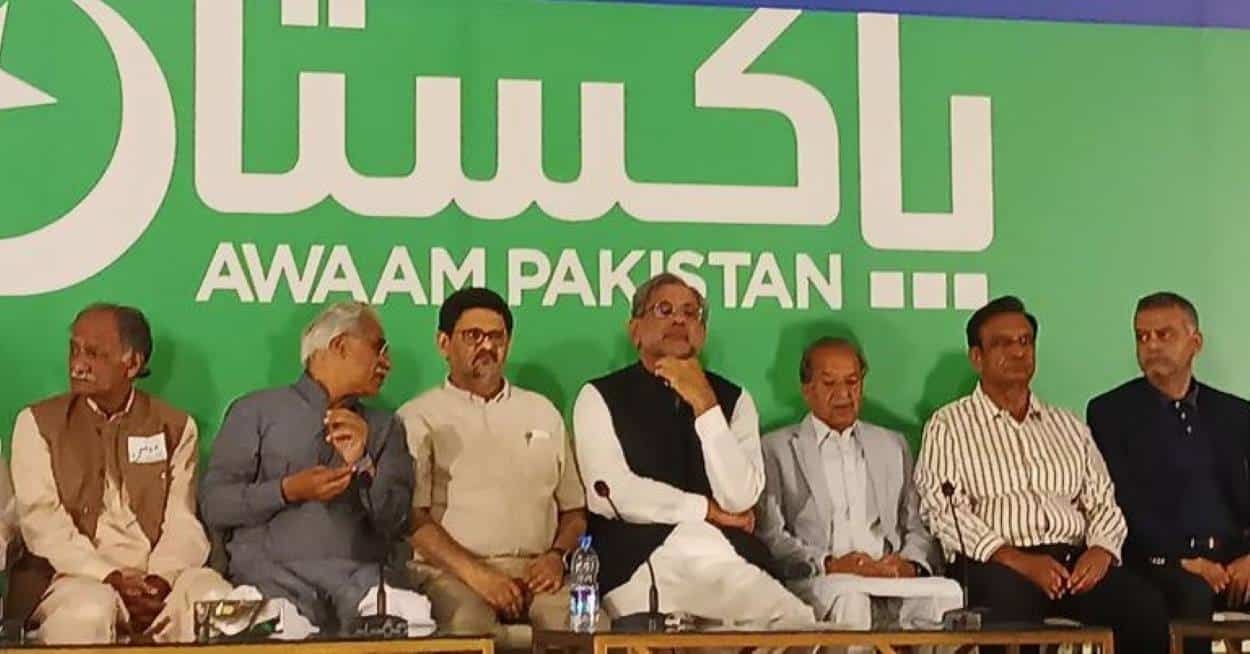Former Finance Minister Miftah Ismail criticized the current administration, likening its governance to the East India Company.
At the inauguration of the Awaam Pakistan party, Ismail addressed severe socioeconomic issues, stating, “Today, Pakistan’s children are going to bed hungry. How can a country advance if it remains impoverished?”
Additionally, Ismail highlighted the troubling health and development state among Pakistani children. He noted that “40 per cent are mentally and physically underdeveloped.” Moreover, he lamented Pakistan’s lag behind many third-world countries, including Sudan.
Furthermore, addressing economic challenges, Ismail criticized tax policies that disproportionately affect the middle class. He remarked, “Here, people earning a salary of 50,000 are taxed, yet owning 2000 acres of land is not an issue. The budget has unfairly doubled the taxes for salaried individuals.”
He also noted the recent tax increase for individuals between 100,000 and 175,000. Additionally, he mentioned the allocation of 75 billion for MNAs, signalling mismanagement of resources.
“This system is unsustainable and must change,” Ismail added. “We cannot continue with a predatory system that repeatedly necessitates operations for stability due to our inability to eradicate poverty.”
Former Prime Minister Shahid Khaqan Abbasi also spoke, emphasizing the Awaam Pakistan party’s selective nature in choosing reputable candidates. He stressed the importance of constitutional adherence, stating, “The country cannot function if the constitution is continuously violated. Everyone in a constitutional office violates the constitution daily, and those evading taxes must face accountability.”
Abbasi noted that effective governance depends on political stability and justice. He criticized the government, observing that “95 per cent of legislation favours the government, not the people.” He assured the Awaam Pakistan party would advocate for the populace and be prepared to present solutions to Pakistan’s problems.
“Governance, revenue collection, and the police system have all failed,” Abbasi concluded. “The debate over distributing 500 billion rupees among MNAs and MPs highlights this dysfunction. Even our infant mortality rate surpasses Afghanistan’s.” He called for a revolutionary change in governance and public policy.






